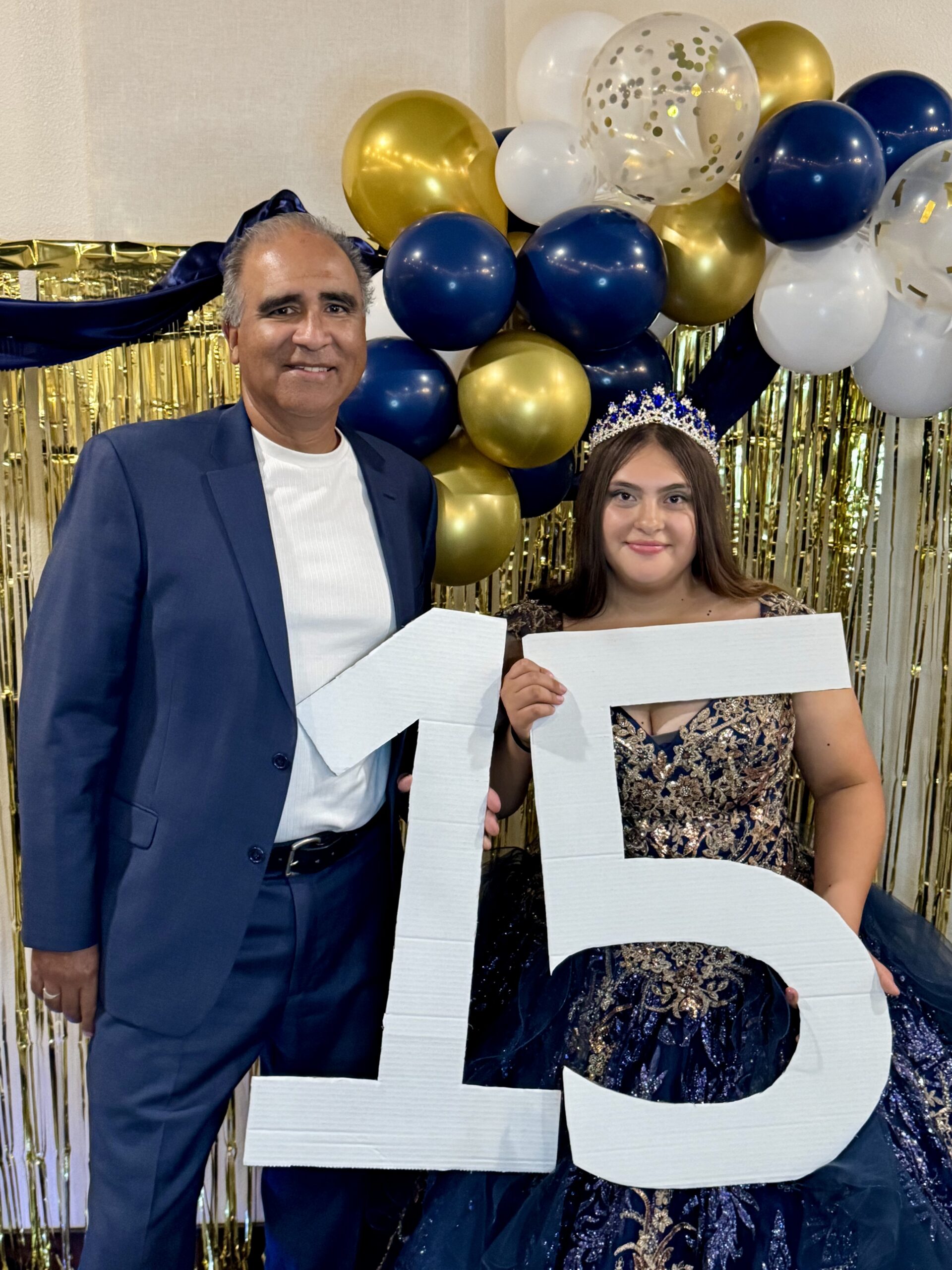Rites of Passage Column by Mark Martinez
A few years back, I was at a half-day conference. There were about 450 Christian men and women, leaders in business and community, and they were hearing presentations from about a half dozen different ministries. The purpose of each ministry was to present their mission, along with opportunities for those in attendance to engage in coming alongside those ministries. One presenter was sharing programs that they offered for different life stages of a person, including preschool, elementary, high school, college, young adult, middle age, and seniors. Then he said something that I’ll never forget regarding middle-schoolers (typically ages 11-14).
“If any of you have middle-schoolers or have done middle school ministry, you know that’s a spiritual black hole.”
The audience laughed.
I found it sad that the entire audience laughed. Our culture looks on the middle school years as the bane of a person’s life. Rather than recognizing these years as an opportunity for a young person to own their faith and be mentored into adulthood, it’s looked upon with disdain.
The columns I’ve written to date have been about the importance of rites of passage for our young people. I shared how I believe God wants us to understand that a critical window exists for us to help transition our children into young adults. The story of Jesus at age 12 (Luke 2:41-52) speaks to this truth. I believe God put that story in the scripture for this very specific reason.
So, when do boys become men and girls become women? I propose this happens when their body is physically able to reproduce, typically about age 11 or 12. Think about that for a moment. When a young person’s body can procreate another human being, they have just been handed an adult responsibility, haven’t they? It doesn’t mean they are mature. Maturity is a lifelong process. However, it is at this point that I believe we need to “graduate” our children from the children’s table and welcome them over to the adult’s table. This is our opportunity to mentor them in what it means to be an adult. A rite of passage.
Here are three takeaways that I believe both parents and their middle-schoolers should know, based on how I read these passages in Luke.
1) Your (pre)teen is not your baby anymore. My mother is 91 years old, and as I am the youngest of her children, she still refers to me as “her baby.” However, that is a term of endearment. It’s not a positional statement about my maturity. Some parents never change their attitude about the maturing of their offspring. Parents need to change their parenting style for their 11–14-year-olds. They can’t continue to parent them the same way as when they were 8 or 10 years old.
2) Your (pre)teen is smarter than you think. Jesus’ parents lost him for three days. Yet, he evidently figured out where to sleep, where to eat, and where to live safely. He wasn’t panicked. It’s important to recognize your child’s wisdom.
3) Your (pre)teen has a calling on their life. This is my favorite part of this passage of scripture. His mother said to him, “Son, why have you treated us like this? Your father and I have been anxiously searching for you.” “Why were you searching for me?” he asked. “Didn’t you know I had to be in my Father’s house?” (Luke 2:48-50).
Moms and dads, your sons and daughters are on this earth for a reason. You have a part in helping them to identify their calling, and to nurture them towards it. Embrace it, cherish the opportunity, but don’t do it alone. This is the age where teens often tune out the voice of their parents, but they will listen to others. Connect with others at this same life stage and do life together.







